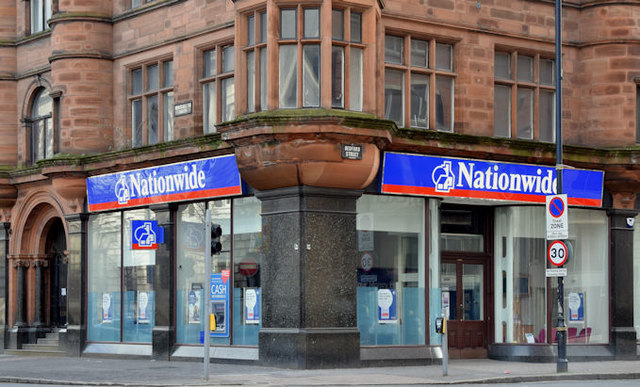UK families could have passed on £1.43m free of inheritance tax (IHT) had the Conservative government not frozen the tax-free thresholds since coming to power in 2010, new analysis from AJ Bell has suggested.
Instead of raising the IHT-free threshold with inflation, the government will keep it frozen at a total of £1m until 2028, as announced by Chancellor Jeremy Hunt in his Autumn Statement.
AJ Bell has estimated that the policy of freezing IHT thresholds since 2010 could cost families an extra £170,000 in death duties.
The investment platform’s figures show that families would pay no IHT on assets up to £1.43m by 2028 if the nil rate band, and residence nil rate band introduced in 2017, had been uprated by successive Tory Chancellors, going back to George Osborne.
Furthermore, despite the introduction of the residence nil rate band from 2017, the total IHT free limit of £1m will still be lower than if Osborne and his successors had made no changes other than inflation-linking the transferable nil rate band, which was set by Gordon Brown.
Head of personal finance at AJ Bell, Laura Suter, commented: “The deep freeze on IHT thresholds until 2028 means they won’t be increased for almost two decades. During that time we’ve seen house prices soar – with the average property price in the UK rising from £156,000 in 2009, when the current nil-rate band was set, up to £295,000 today. This highlights how someone in a relatively modest home could easily hit the threshold with their property alone.”
Suter stated that just one in 25 estates result in IHT being paid at the moment, but warned this will rise during the time the thresholds are frozen. She added that this will increasingly impact the “moderately wealthy”, as those with large estates are covered by other thresholds and allowances and can afford professional help to minimise their bill.
“Death duties are a decent cash cow for the government, generating £2.38bn in 2009/10 but rising to £6.1bn last year,” super continued. “While falls in property prices are expected to limit growth in the next few years, the OBR expects it to generate almost £7bn a year over the next six tax years.
“It’s crucial for people to maximise their allowances and gifting rules to reduce the size of their estate, where possible. No one should be giving money away that they may need later in life, but there are myriad tax breaks that people can utilise to avoid handing more of their money to the taxman.”
Latest News
-
Residential property transactions fall 24% month-on-month
-
Later life lending loans jump 5.1% in Q4 2025
-
Mortgage Awards 2026: Winners announced
-
FCA outlines proposals to close gaps in borrowers’ credit files
-
St. James’s Place closes 2025 with record FuM
-
Average LTV on UK mortgaged home drops to 59% – IMLA
Mortgage Advice Bureau and AI in the mortgage sector
Chief executive officer at Mortgage Advice Bureau, Peter Brodnicki, and founder and managing director at Heron Financial, Matt Coulson, joined content editor Dan McGrath to discuss how Mortgage Advice Bureau is using artificial intelligence to make advancements in the mortgage industry, the limitations of this technology and what 2026 will hold for the market
Perenna and the long-term fixed mortgage market

Content editor, Dan McGrath, spoke to head of product, proposition and distribution at Perenna, John Davison, to explore the long-term fixed mortgage market, the role that Perenna plays in this sector and the impact of the recent Autumn Budget
NEW BUILD IN FOCUS - NEW EPISODE OF THE MORTGAGE INSIDER PODCAST, OUT NOW

Figures from the National House-Building Council saw Q1 2025 register a 36% increase in new homes built across the UK compared with the same period last year, representing a striking development for the first-time buyer market. But with the higher cost of building, ongoing planning challenges and new and changing regulations, how sustainable is this growth? And what does it mean for brokers?
Does the North-South divide still exist in the UK housing market?

What do the most expensive parts of the country reveal about shifting demand? And why is the Manchester housing market now outperforming many southern counterparts?
In this episode of the Barclays Mortgage Insider Podcast, host Phil Spencer is joined by Lucian Cook, Head of Research at Savills, and Ross Jones, founder of Home Financial and Evolve Commercial Finance, to explore how regional trends are redefining the UK housing, mortgage and buy-to-let markets.
In this episode of the Barclays Mortgage Insider Podcast, host Phil Spencer is joined by Lucian Cook, Head of Research at Savills, and Ross Jones, founder of Home Financial and Evolve Commercial Finance, to explore how regional trends are redefining the UK housing, mortgage and buy-to-let markets.
© 2019 Perspective Publishing Privacy & Cookies











Recent Stories